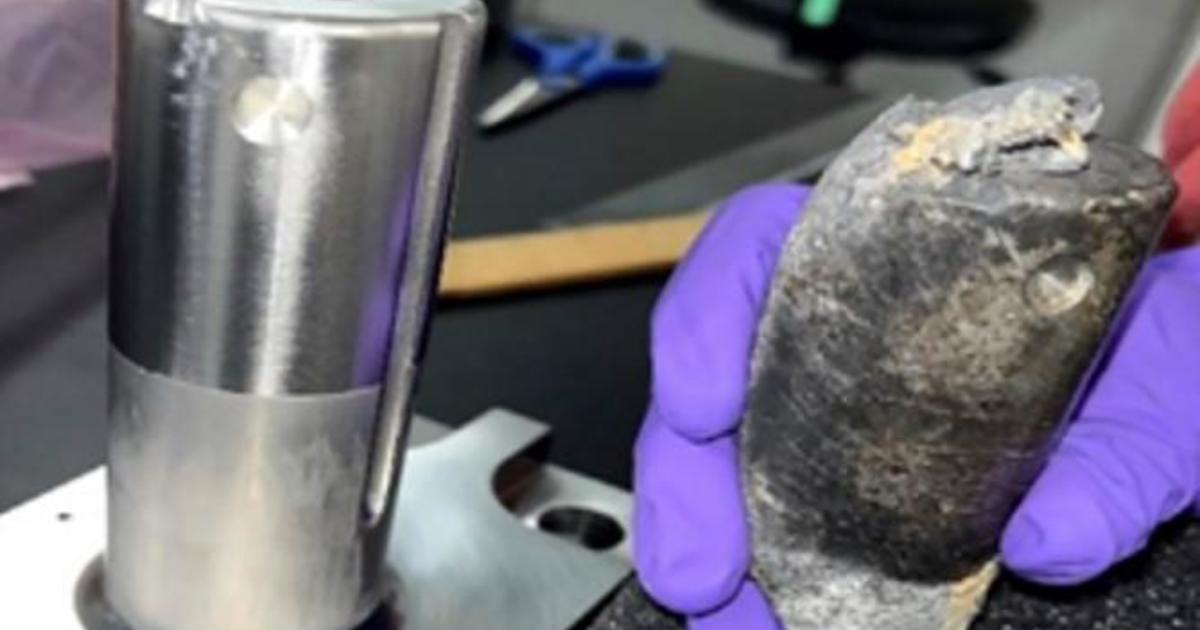3 more ancient underground lakes of liquid water discovered on Mars, raising possibility of life
Two years ago, astronomers reported findings of a large lake beneath a thick layer of ice at Mars' south pole. Now, scientists have confirmed that finding and detected three new underground lakes in the same area — and they believe there could be many more.
A new study, published this week in the journal Nature Astronomy, further confirms the 2018 discovery, extending that finding to three new ponds in the surrounding region. Researchers used radar data from the European Space Agency's Mars Express spacecraft, studying a data set of 134 observations between 2012-2019.
To detect the lakes, a radar instrument on Mars Express sent out radio waves to the red planet's surface, which were then reflected back in a certain way depending on the material present there. A similar method is used to find subglacial lakes on Earth.
The high reflectivity detected by the team of researchers suggests there are large bodies of liquid water trapped beneath the surface.
"The possibility of extended hypersaline water bodies on Mars is particularly exciting because of the potential for the existence of microbial life," the team said. "Future missions to Mars should target this region to acquire experimental data in relation to the basal hydrologic system, its chemistry, and traces of astrobiological activity."
The largest lake found measures about 19 miles across and is surrounded by several smaller ponds. Researchers believe the water there is salty, allowing it to stay liquid even in Mars' frigid temperatures.
A very high salt content could mean there is no life present.
"There's not much active life in these briny pools in Antarctica," John Priscu, an environmental scientist at Montana State University in Bozeman, whose group studies microbiology in icy environments, told Nature. "They're just pickled. And that might be the case [on Mars]."
Scientists believe the findings indicate the possibility of a much larger network of ancient underground lakes — which could be millions or even billions of years old, when Mars was warmer and wetter, like Earth.
Water cannot currently remain stable on Mars' surface due to its lack of a substantial atmosphere, but the presence of liquid water on Mars means there is potential for life. Subglacial lakes allow researchers to examine how life may survive in extreme environments — but reaching them is incredibly difficult because they are buried a mile beneath a layer of ice.
"There may have been a lot of water on Mars," said study co-author Elena Pettinelli, a planetary scientist at the University of Rome. "And if there was water, there was the possibility of life."
But not everyone is convinced by the data. Mike Sori, a planetary geophysicist at Purdue University in West Lafayette, Indiana, told Nature: "If the bright material really is liquid water, I think it's more likely to represent some sort of slush or sludge."





